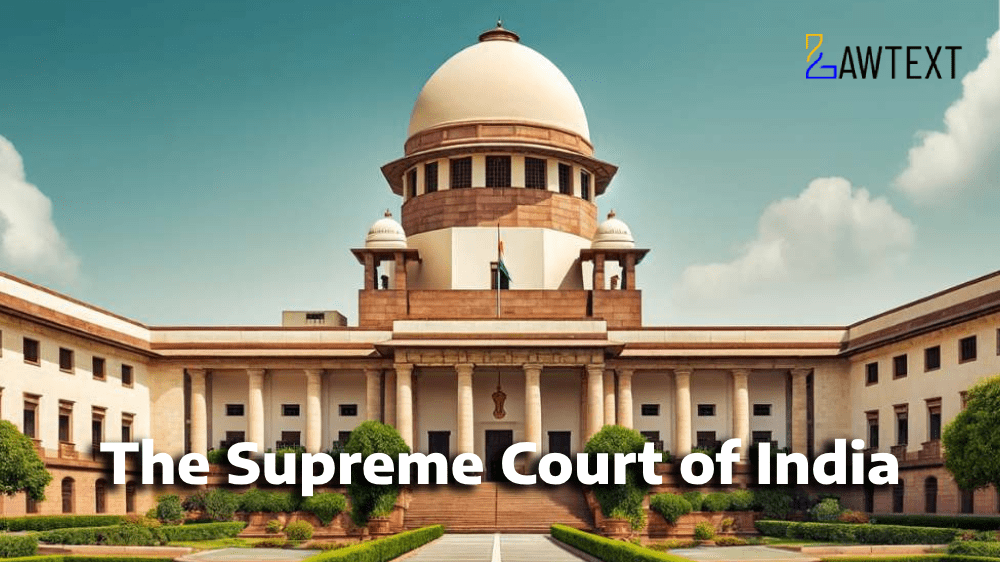

The writ petition was found maintainable because it addressed the procedural issue of "lack of effective consultation" by the High Court Collegium. The court ruled that the Chief Justice of Himachal Pradesh could not individually reconsider candidates for elevation. It directed the Himachal Pradesh High Court Collegium to collectively reconsider the petitioners’ elevation, following the Supreme Court's earlier resolution.
1. Petitioners:
Chirag Bhanu Singh and Arvind Malhotra, two of the senior-most District and Sessions Judges in Himachal Pradesh, filed the writ petition.
2. Context:
The petitioners were recommended for elevation as judges of the Himachal Pradesh High Court in December 2022. The Supreme Court Collegium deferred their elevation in July 2023 and later directed the High Court to reconsider their candidature in January 2024.
3. Grievance:
The petitioners challenged the High Court Collegium’s decision to recommend junior officers for elevation ahead of them, despite their seniority and the Supreme Court's directive for reconsideration.
4. High Court Response:
The Chief Justice of Himachal Pradesh individually responded to the Supreme Court Collegium, asserting his opinion on the petitioners' suitability for elevation without involving other Collegium members.
5. Legal Issue:
The petitioners contended that the lack of collective consultation among the High Court Collegium members, as required by the Supreme Court, violated established legal principles governing judicial appointments.
The Supreme Court held that the reconsideration of candidates for elevation must be a collective decision of the High Court Collegium, not the Chief Justice acting alone. The absence of such collective reconsideration vitiated the process, violating the principles established in the Second Judges and Third Judges cases. Judicial appointments must reflect the plurality of perspectives to ensure fairness and transparency in the decision-making process.
Citation: 2024 LawText (SC) (9) 62
Case Number: WRIT PETITION (C) NO. 312 OF 2024
Date of Decision: 2024-09-06
Case Title: CHIRAG BHANU SINGH & ANR. VERSUS HIGH COURT OF HIMACHAL PRADESH & ORS
Before Judge: [HRISHIKESH ROY J. , PRASHANT KUMAR MISHRA J.]
Appellant: CHIRAG BHANU SINGH & ANR.
Respondent: HIGH COURT OF HIMACHAL PRADESH & ORS